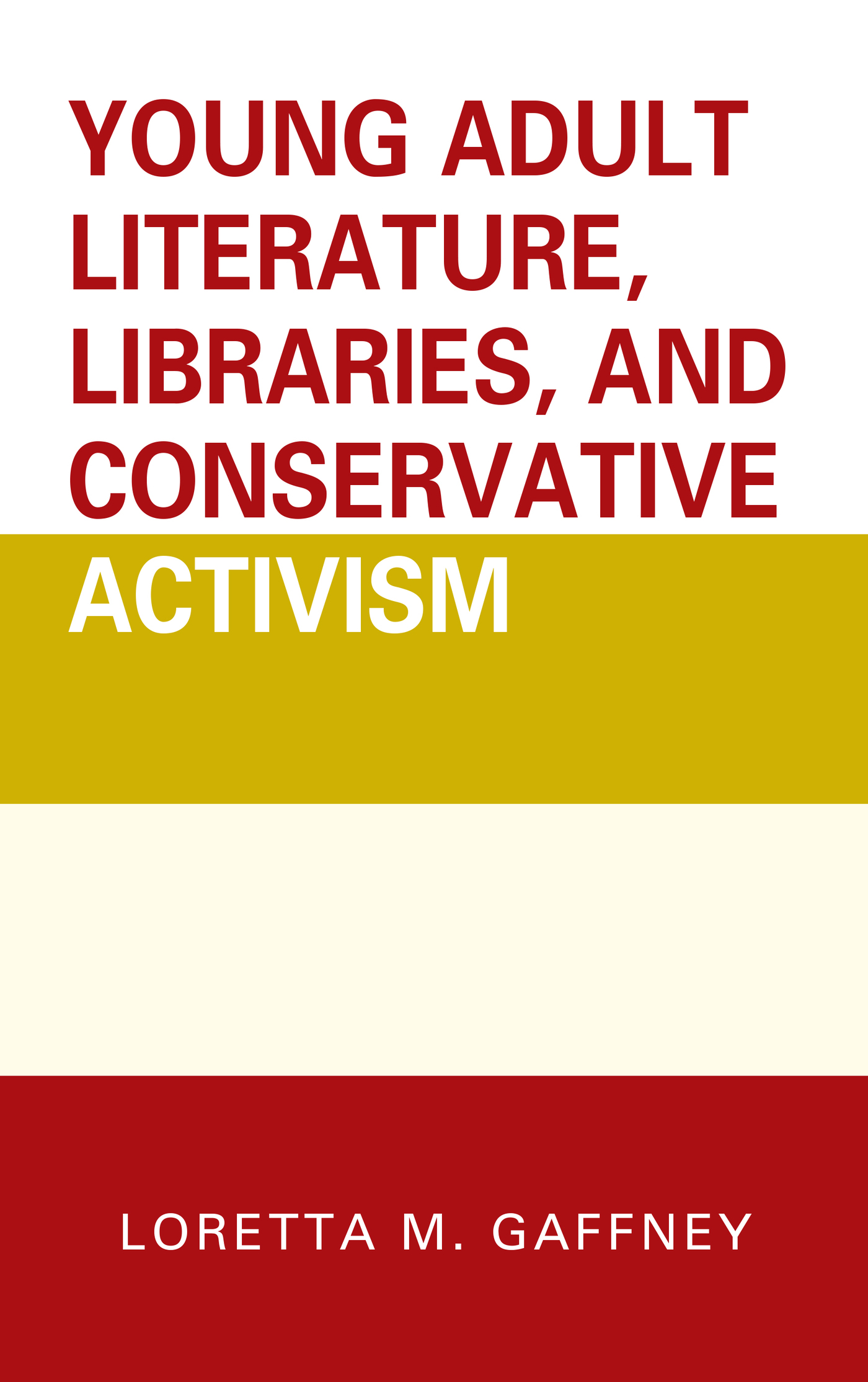Young Adult Literature, Libraries, and Conservative Activism
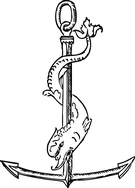
Beta Phi Mu Scholars
Founded in 1948, Beta Phi Mu is the international library and information studies honor society. Its mission is to recognize and encourage scholastic achievement among library and information studies students. The Beta Phi Mu Scholars series publishes significant contributions and substantive advances in the field of library and information science. Series editor Andrea Falcone is committed to presenting work that reflects Beta Phi Mus commitments to scholarship, leadership, and service. The series fosters creative, innovative, and well-articulated works that members of the field will find influential.
Recently published titles in the series are:
Book Banning in 21st-Century America by Emily J. M. Knox
Young Adult Literature, Libraries, and Conservative Activism by Loretta M. Gaffney
Young Adult Literature, Libraries, and Conservative Activism
Loretta M. Gaffney
ROWMAN & LITTLEFIELD
Lanham Boulder New York London
Published by Rowman & Littlefield
A wholly owned subsidiary of The Rowman & Littlefield Publishing Group, Inc.
4501 Forbes Boulevard, Suite 200, Lanham, Maryland 20706
www.rowman.com
Unit A, Whitacre Mews, 26-34 Stannary Street, London SE11 4AB
Copyright 2017 by Rowman & Littlefield
All rights reserved. No part of this book may be reproduced in any form or by any electronic or mechanical means, including information storage and retrieval systems, without written permission from the publisher, except by a reviewer who may quote passages in a review.
British Library Cataloguing in Publication Information Available
Library of Congress Cataloging-in-Publication Data Available
ISBN 978-1-4422-6408-3 (hardback : alk. paper) ISBN 978-1-4422-6409-0 (electronic)
 TM The paper used in this publication meets the minimum requirements of American National Standard for Information Sciences Permanence of Paper for Printed Library Materials, ANSI/NISO Z39.48-1992.
TM The paper used in this publication meets the minimum requirements of American National Standard for Information Sciences Permanence of Paper for Printed Library Materials, ANSI/NISO Z39.48-1992.
Printed in the United States of America
For Mom, as promised
Preface
Young Adult Literature, Libraries, and Conservative Activism examines how librarians, teachers, cultural critics, and conservative library activists portray young adult (YA) literature and its readers. It analyzes public and professional discussions of YA in order to find points of agreement and contention and to bring a librarians-eye view to cultural criticism of teen media. It considers YA literature not simply as a body of literature written and published for a teen audience but also as a cultural signifier standing in for different constituencies views of teenage reading.
When I teach YA literature to future librarians, I not only recommend and discuss exemplary YA titles but also help them prepare to participate in more general professional and popular discussions about books for teen readers. There are many excellent books about YA literature as well as numerous handbooks and other professional literature for librarians that offer advice for promoting teen literacy. This book takes as its subject various contemporary arguments about YA in both professional and popular contexts, particularly those that have generated controversy between YA literatures attackers and its defenders. The examination of these conflicts is meant not to be exhaustive but rather to demonstrate through several specific cultural clashes what critics and professionals talk about when they talk about YA.
Young Adult Literature, Libraries, and Conservative Activism emerged from lively YA literature class discussions about teen reading, an analysis of popular and professional debates about YA literature, and critical approaches to the uses of YA in classrooms, libraries, and communities. The book delineates and analyzes contexts that affect how we read and interpret YA literature, particularly aesthetics, pedagogy, and recreation. By becoming more careful readers of the YA literature context, professionals, parents, and community members will be better prepared to advocate for teenagers and their reading. While I do use some examples of individual YA titles, my analysis can accommodate many different YA titles not mentioned by name here and provides helpful rationales to argue for why teens (and adults) need diverse books.
The opening chapter of this book, How to Read a Young Adult Novel: An Introduction, explores competing definitions of YA literature and then discusses how these definitions of YA affect the stories we tell about it. After the discussion in chapter 2, Constructing the Teenage Reader, on reading research and its dissemination via the popular media, I discuss aesthetic, pedagogical, and recreational approaches to YA literature. These three factors structure many cultural arguments about YA literature, often in some combination with one another. This book helps readers recognize them and identify the strengths and weaknesses of each approach.
Aesthetic approaches to YA literature are those that involve a judgment about literary quality or lack thereof. Chapter 3, Tending the Fair Garden: Canon Formation and Aesthetic Approaches to Young Adult Literature, examines the early history of youth librarianship, particularly youth librarians criteria for worthy literature and their views about young readers. It considers the politics of book awards for YA literature as well as how librarians are instructed in their professional literature to defend YA from challenges and critics by emphasizing its literary quality. Pedagogical approaches consider what lessons teens might learn from YA literature and how YA might help them in their personal lives. Chapter 4, Bibliotherapy and the Problem Novel: Pedagogical Approaches to Young Adult Literature, traces the rise of realism, particularly the problem novel as a genre within YA that tends to stand in for discussions about YA as a whole, and examines critics charges of excessive YA darkness for what they reveal about models of reading. Recreational approaches to YA value books that appeal to teenagers, that get and keep them reading, and that offer pleasure to the reader. Chapter 5, The Uses of Pleasure: Popular Literature and Young Adults, considers YA literature as a pop lit category, touching on how critics and professionals sometimes distance themselves from popular reading. Yet popular materials can be more appealing to teenage readers and may encourage them to read more often.
Finally, after examining these frameworks for reading YA as a cultural signifier, I turn in chapter 6 to one of the biggest areas of conflict over YA literature: those who challenge YA books in library collections and the librarians who defend them. In No Longer Safe: Young Adult Literature and Conservative Library Activism, I consider how the language of challengers both conflicts and overlaps with the professional anticensorship rhetoric suggested in practitioner handbooks and literature. The concluding chapter, Do We Dare Disturb the Universe? Young Adult Literature and Social Change: A Conclusion, considers social change and social justice as additional ways of understanding and analyzing YA literature.
As a librarian and library and information science scholar, my perspective is necessarily informed by how librarians and libraries approach YA literature. I have also, however, consciously chosen to ground my analysis in the history and theory of library work with teenagers because I believe this perspective has been neglected in both the popular media and academia and has much to offer discussions of YA literature more generally. While professional practices vary widely and depend on individual and institutional specifics, it is possible to isolate some elements of YA librarianship that effectively ground my investigation. Librarians generally take a reader-centered approach to literature and, of all the professions interested in YA literature, are the most likely to consider recreational and pleasure reading seriously. They are interested in aesthetics and literary quality but also in how YA literature is useful and helpful to actual teenage readers. Librarians also, because of their attention to individual readers preferences and their position as nonevaluative educators, have a unique perspective on how and why literature matters in the lives of young adults. While this perspective informs practitioner handbooks and other professional literature, it has seldom been marshaled for a more critical and analytical treatment of YA literature as a force in our culture. In sum, this book aims to tell a different story about YA literature, emphasizing the

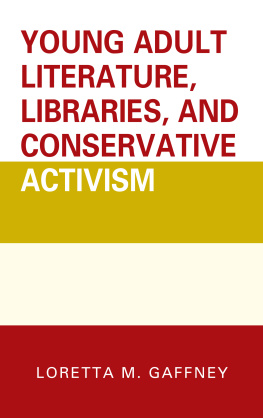
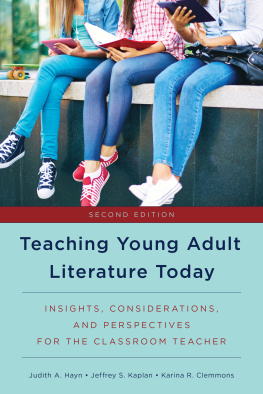
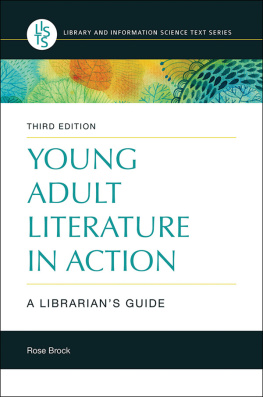
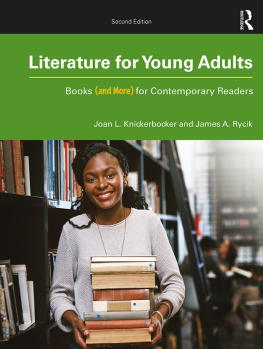
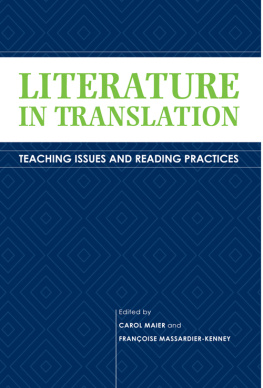
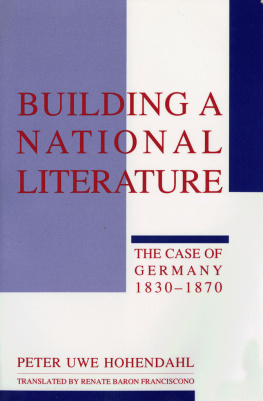
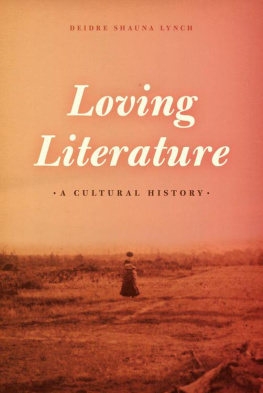
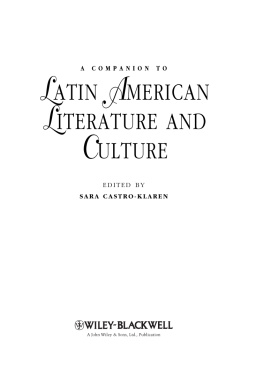
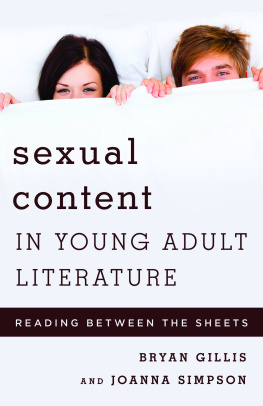
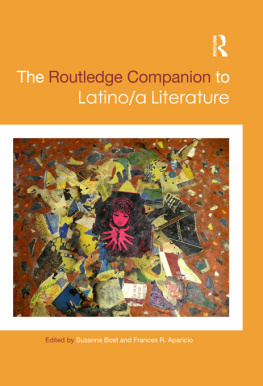

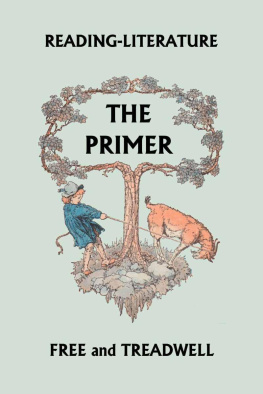

 TM The paper used in this publication meets the minimum requirements of American National Standard for Information Sciences Permanence of Paper for Printed Library Materials, ANSI/NISO Z39.48-1992.
TM The paper used in this publication meets the minimum requirements of American National Standard for Information Sciences Permanence of Paper for Printed Library Materials, ANSI/NISO Z39.48-1992.